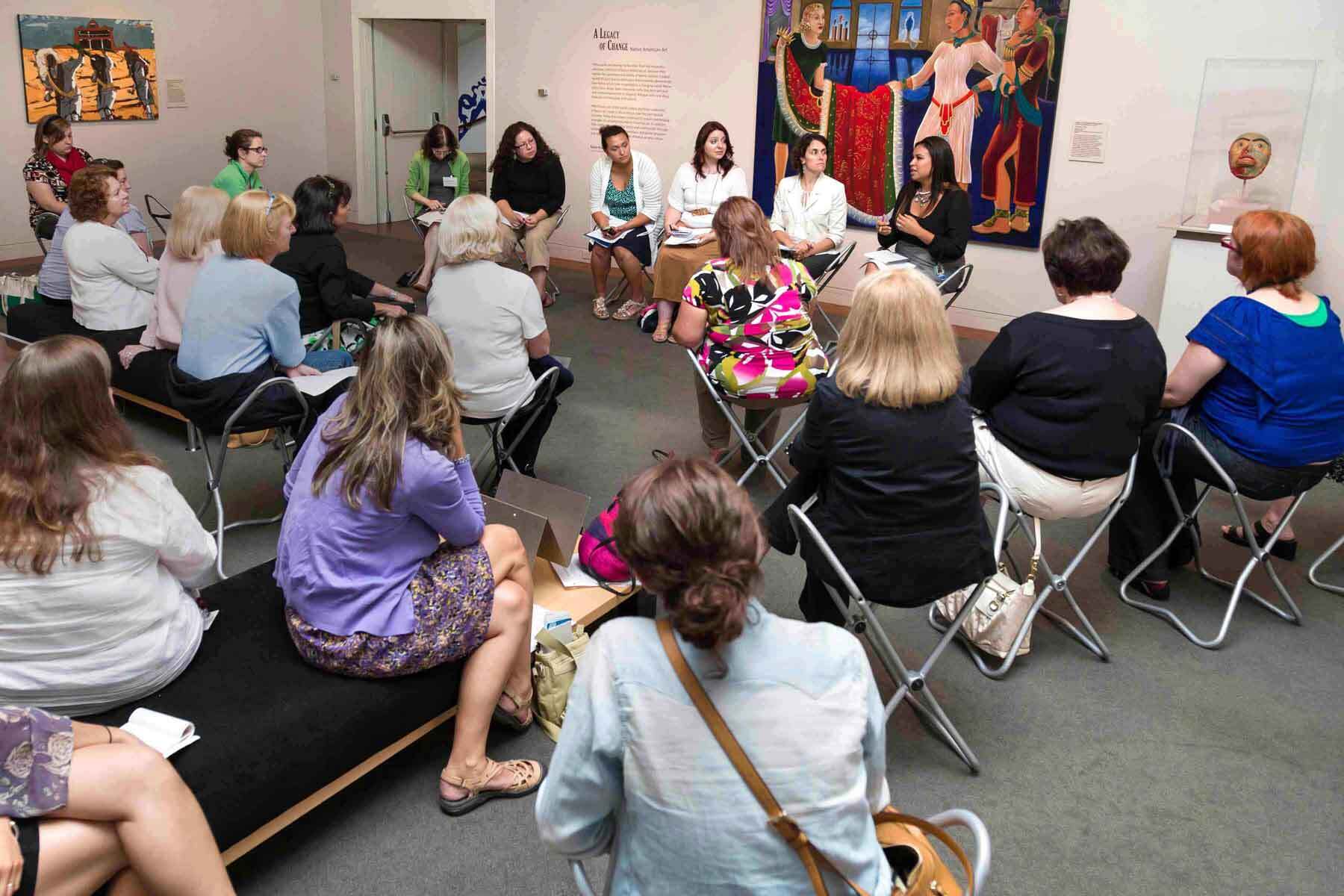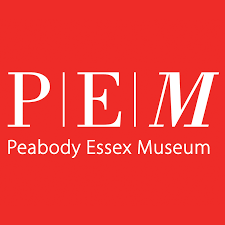Evaluation & Consulting
Using data to tell the story of your program
What We Do
It is our goal to help you describe your program’s vision and goals, set up systems to collect data from multiple sources, and tell the story of your program in a way that helps others understand why it is so important.
Our work is unique because we tailor each evaluation to the program’s needs and contexts. We come into a project with curiosity and collaborate with program staff from start to finish. Our experience facilitating conversations around goals and objectives helps you to reflect and articulate your values and vision for your work. We know that things change over the life of a project; our evaluation plans are flexible and commonly shift along with project implementation.
For over four decades, PERG has brought its founding commitment to equity and collaboration to designing and conducting hundreds of evaluations in formal and informal education environments, working with universities, schools, foundations, state and federal agencies, museums and other community-based organizations.
Evaluations of innovative educational programs:
Formative evaluations
Needs assessments
Process evaluations
Utilization-focused evaluation
Developmental evaluation
Summative evaluations
Qualitative evaluation
Mixed-methods evaluations
We can also consult with your organization to:
Guide strategic reflections and plans
Identify and articulate desired outcomes
Craft evaluation questions
Develop logic models
Outline data collection plans
Develop Protocols (surveys, interviews, rubrics, etc)
Conduct interviews
Analyze datasets
Train staff in any of the above to build capacity
Featured Projects
We have worked with hundreds of organizations over the decades on projects that include several broad areas; primarily STEM, the arts and arts integration, and students with children in higher education. PERG’s projects range in scale and focus, from small developmental projects to national and international partnerships, with funding from federal and state agencies and foundations. Following are a selection of recent projects representing the scope of our work.


Family Friendly Campus Toolkit
Research & Development


Peabody Essex Museum Native American Fellows Program
Program Evaluation
